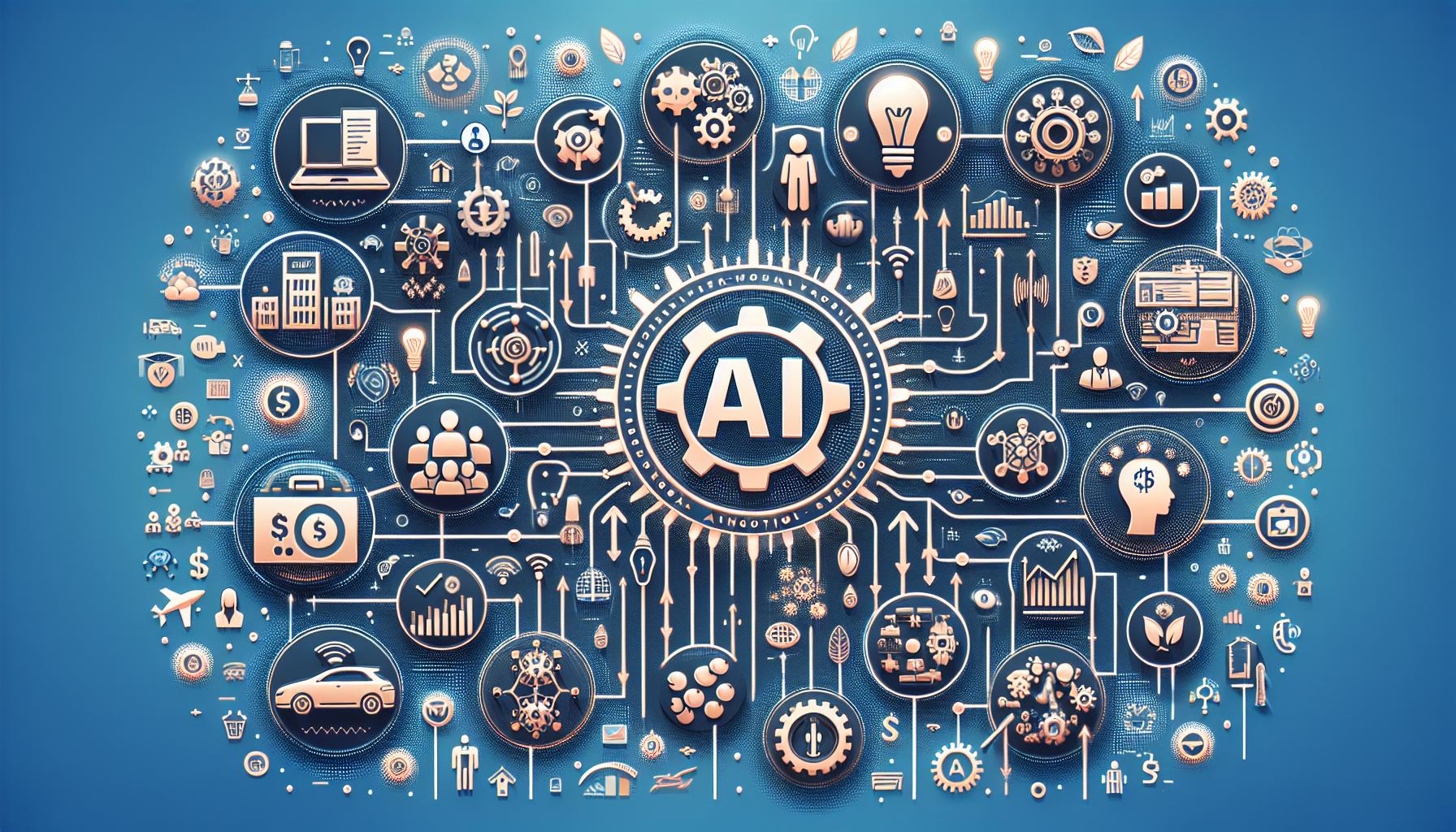Next-Gen Vendors: Harnessing AI for Enhanced B2B Interactions

Introduction
The evolving landscape of business-to-business (B2B) interactions is increasingly being shaped by breakthroughs in Artificial Intelligence (AI). One emergent manifestation is Conversational AI, a technology poised to transform vendor interactions by making them more streamlined and efficient. By exploring its applications across the top ten industries, we can gain insight into how businesses can leverage this technology as a competitive advantage in vendor relationship management.
The Potential of Conversational AI
AI has a wide scope for practical application in the B2B space, particularly Conversational AI. This technology allows machines to engage in human-like conversations, understand context, respond to queries and even make decisions. The primary goal of Conversational A.I. in the B2B space is to facilitate smoother and efficient communication between vendors and businesses, thereby revolutionizing business processes and optimizing supply chains.
Role in Vendor Interactions
Backed by machine learning and natural language processing, Conversational A.I. can greatly enhance vendor interactions. It allows for real-time communication with vendors, automation of vendor-related processes, swift query resolution, and enhanced accessibility. This reduces redundancies, saves time, and leads to more fruitful vendor relationships. Whether it is placing orders, tracking shipments, or handling disputes, Conversational A.I. can play a significant role in vendor management.
Impact Across Industries
Here, we look at how Conversational A.I. has been instrumental in enhancing B2B vendor interactions across the top ten industries:
1. Manufacturing
From managing raw material orders to tracking manufacturing processes, Conversational A.I. is revolutionizing B2B interactions in manufacturing. Its ability to integrate with existing systems allows for real-time reporting and responsive decision-making.
2. Retail
Conversational A.I. is used by retail businesses for automated vendor onboarding, product sourcing, inventory management, and more. By reducing manual process workload, it contributes to an efficient supply chain.
3. Healthcare
In healthcare, integrated Conversational A.I. helps coordinate supplies and equipment from various vendors. From processing orders to handling billing, it helps streamline operations.
4. Banking and Finance
Conversational A.I. is helping the banking and finance industry automate its vendor management processes, helping with risk assessment, compliance, contract management, and more.
5. E-commerce
E-commerce platforms are using Conversational A.I. to manage hundreds of vendors seamlessly. It simplifies product listing, order dispatch, returns, and dispute resolution.
6. Logistics
In logistics, A.I. assists in real-time vendor communication, route planning, and freight handling, aiding in quicker decision-making and efficient deliveries.
The Future
As more businesses adopt AI, it is expected that Conversational A.I. will continue to play a pivotal role in B2B vendor management across industries. As we move forward, businesses that harness this potential will no doubt have a significant competitive edge.
Conclusion
Conversational A.I. is reshaping B2B interactions in multiple industries by aiding smoother, more efficient vendor communication. Businesses willing to embrace this promising technology will have the chance to gain a decisive edge in their vendor relationship management, reaping the benefits of streamlined supply chain processes and stronger B2B relationships.




